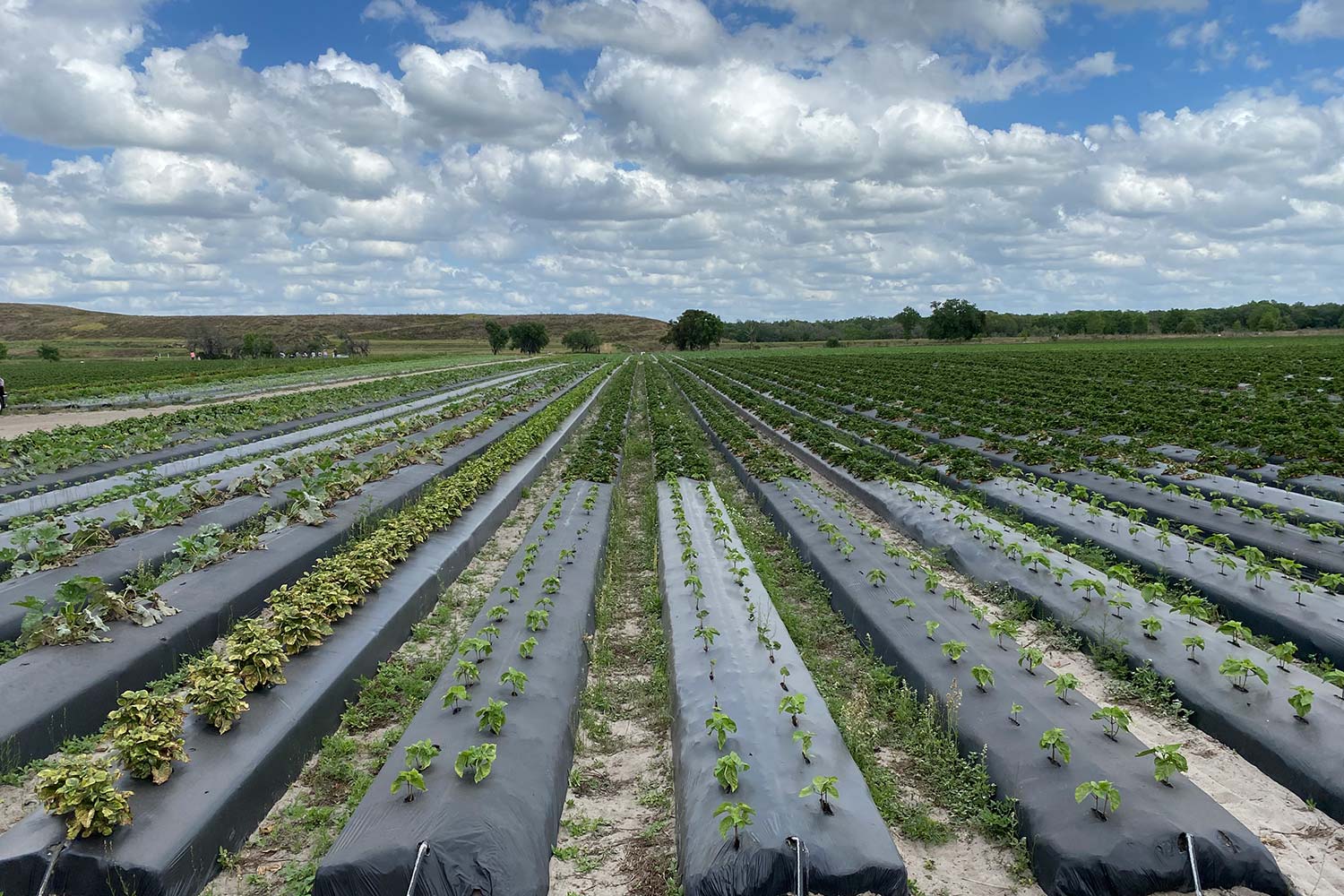
About Attorney Jesse Haskins
Integrity and reputation mean a lot to Jesse Haskins. So much so, he dedicates his legal practice to preserving them – and seeking the truth.
Strawberry Passion Organic Farms, Thonotosassa, FL
This is the third post in a series on local food systems on local food systems and public safety. Earlier this week, I wrote about food terrorism-the deliberate poisoning of our food supply by terrorists. Today’s post is about food-borne illness caused by the accidental poisoning of our food supply. Both problems can be resolved with food safety.
Unintentional food outbreaks have been devastating. In 1985, one hundred seventy thousand people fell ill due to contamination of pasteurized milk in an American dairy plant. In 1994, contaminated pasteurized liquid ice cream made 224,000 Americans ill in 41 states. In 1996, contaminated radish sprouts killed Japanese children. The CDC has estimated that our food supply sickens 76 million Americans every year, and kills 5,000.
Illness and death are the most severe, but not the only costs of food contamination. Contaminated food disrupts trade. As Coronavirus has shown us, widespread illness threatens the infrastrucuture of our healthcare systems. Widespread illness, even when accidentally introduced, can cause massive public anxiety. The root of the problem appears to be the distinctively dangerous practices in large scale industrial agriculture. E Coli may have evolved from the guts of feedlock cattle. As Michael Pollan explains, “These are animals that stand around in their manure all day long, eating a diet of grain that happens to turn a cow’s rumen into an ideal habitat for E. coli 0157:H7. (The bug can’t survive long in cattle living on grass.”) Cattle manure, home of E. Coli, gets distributed in industrial fields, and may consequently contaminate spinach and other vegetables.
These risky industrial practices are compounded by centralized food distribution. It is our centralized food system that makes agriculture a (frightingly easy target of terrorism [link to previous blog post]). In a centralized food system, we cannot pinpoint the source of contamination. We do not know the exact farm contaminated food came from. In a local food system, we do. In a local food system, if people get sick after buying produce from the same farm, we can trace the source of food poisoning. We know who to blame. On the flip side, when we enjoy delicious food from the same grower season after season, we know who to trust. We trust our community growers. Community is the cornerstone of food safety.
Particularly during the coronavirus crisis, I trust my local food community. I continue to shop at local farms. I am eager to assist all members of our local food systems remain strong during these trying times. Please feel free to reach out to me at any time.
